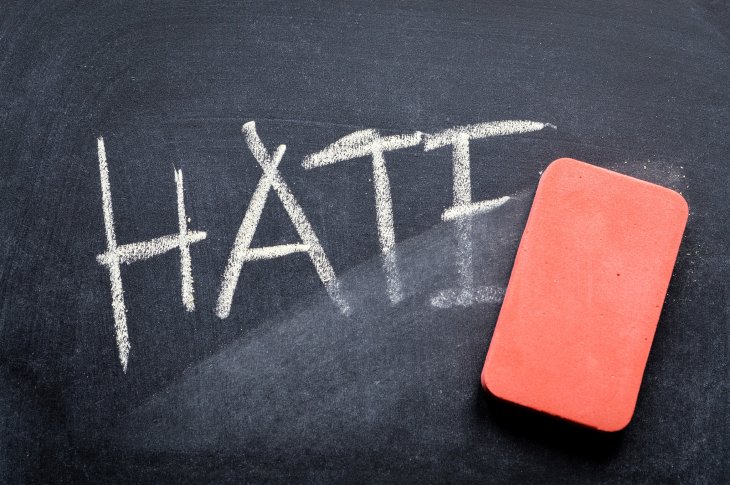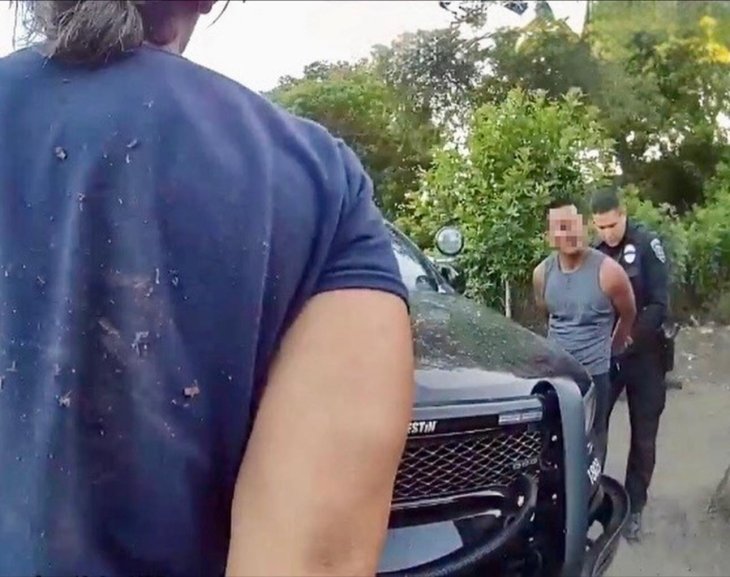
An initiative that would have legalized possession, use, cultivation, transportation and distribution of marijuana and hemp has failed to receive enough signatures to qualify for the ballot, Secretary of State Debra Bowen announced today.
The initiative required valid signatures from 504,760 registered voters — 5 percent of the total votes cast for governor in the 2010 general election — to qualify for the ballot. Backers failed to submit that amount of signatures to county election officials, Bowen said.
Four other initiatives that sought to legalize marijuana also failed to receive enough signatures to qualify for the ballot over the past year.
This initiative would also have required the Legislature to adopt laws to license and tax commercial commercial marijuana sales.
The initiative’s other provisions included:
— requiring case-by-case review of people charged or convicted of
nonviolent marijuana offenses for possible sentence modification, amnesty or
immediate release from prison, jail, parole or probation;
— allowing doctors to approve or recommend marijuana for patients,
regardless of age;
— limiting testing for marijuana for employment or insurance purposes; and
— prohibiting state or local aid to enforce federal marijuana laws.
The measure would also have exempted medical marijuana collectives from licensing and regulatory requirements and allow local governments to ban or limit the number of marijuana businesses.
The initiative would have resulted in reduced costs potentially exceeding $100 million annually for state and local governments related to enforcing certain marijuana-related offenses, handling the related criminal cases in the court system and incarcerating and supervising certain marijuana offenders, according to an analysis prepared by the Legislative Analyst’s Office and Department of Finance.
The analysis also found that passage of the initiative would have generated potential net additional tax revenues of a few hundred million dollars related to the production and sale or marijuana and industrial hemp, a portion of which would be required to be spent on marijuana-related research.





















